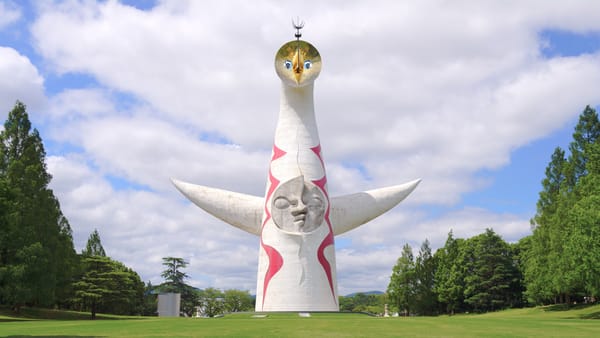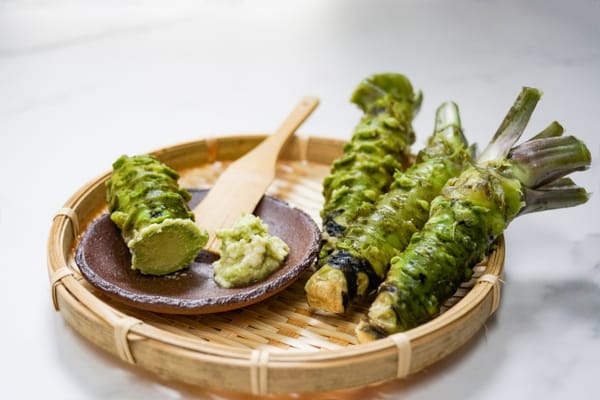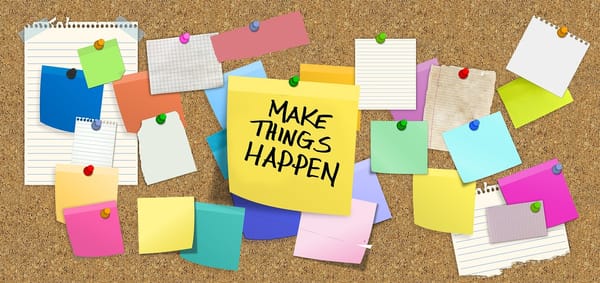Tokyo Startup Subsidy: Difficulty and winning projects
Its distinctive feature is the broader range of eligible uses compared to other general subsidies. However, it is also competitive, and the application process is time-consuming, making it hard to justify the time and effort. To gauge its competitiveness, I reviewed the data.

Success rate: 13% – 21%, with the highest in 2024
The Tokyo Startup Subsidy supports new Tokyo-based entrepreneurs and companies established within the past five years. Its key feature is broader eligibility than other general subsidies, covering expenses such as equipment purchases and personnel costs. Its popularity, due to the fundingnecessity for startup expenses, makes it highly competitive.
Furthermore, applicants must complete designated consulting before the 17 April deadline. This Tokyo Metropolitan Government-designated consulting typically requires around ten sessions (but there is also an alternative with four sessions, which I will also discuss later). As funding is not guaranteed, the return on this invested time is uncertain.
To determine the level of competition and the kinds of projects being adopted, I researched data published by the Tokyo Metropolitan Government. Below is the result.




